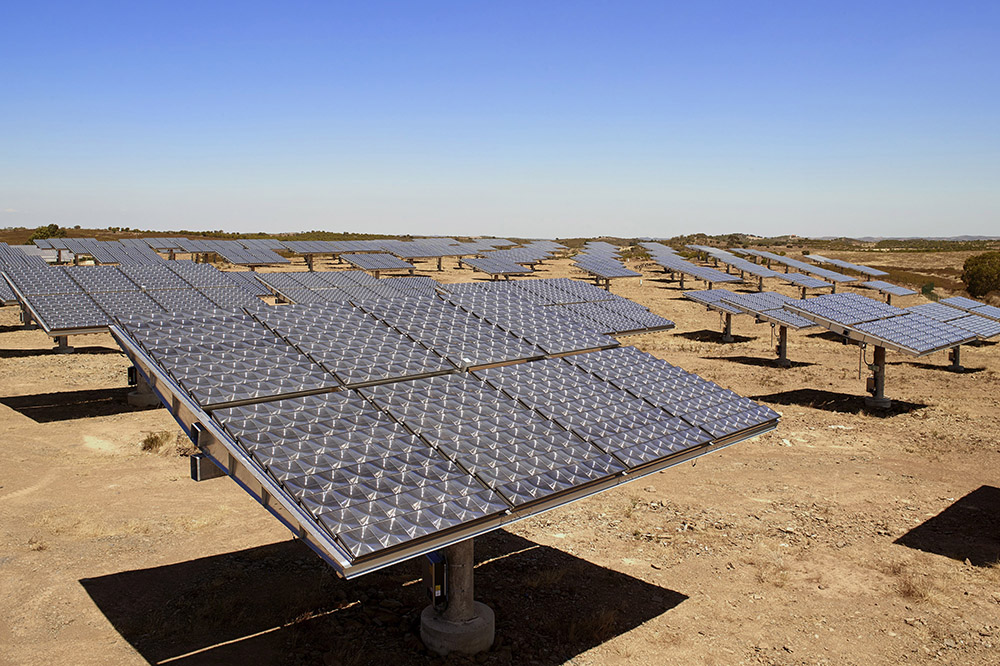Portugal’s energy regulator, Entidade Reguladora dos Serviços Energéticos (ERSE) has approved a network expansion plan, which is expected to create the conditions for the grid-connections of several solar projects currently under development in the country.
According to a document published by ERSE, the €474 million plan will be implemented in the period 2018-2022. The authority, however, has not revealed the exact timeframe of the plan, nor it has disclosed details of its implementation.
Of the total sum, €282 million will be used for main infrastructure projects, which include, among other things, the improvement of existing assets. The remaining €191 million will be devoted to complementary projects, which comprise the creation of new capacity for upcoming production from new renewable energy plants, projects for the strengthening of interconnection capacity, and projects related to high consumption areas.
As for the connection of the solar plants, the ERSE highlights two specific zones, the Alto Alentejo Zone and the Baixo Alentejo and Algarve Zone, both located in the southern part of Portugal. For these zones, the construction of two 400 kV transmission lines is planned.
According to ERSE, one of the two lines – the €68 million Ferreira do Alentejo–Ourique–Tavira 400 kV line – will be used to easily integrate the power injected by future solar parks planned for the area, while transferring it to regions of the inner part of the country.
Furthermore, the document reveals that the local grid operator, RNT expects just 1.3 GW of new PV capacity to be deployed in Portugal by 2027. This would add to the 580 MW of PV power that was already registered at the end of 2017. Only two thirds of this capacity, however, is currently grid-connected.
Although construction has started on several “unsubsidized” solar parks in Portugal in recent months and more than 700 MW of these grid-parity projects have been approved, the viability of many of these projects is still uncertain.
Most of them are facing high costs for land, as Portugal has limited availability of surfaces compared to Spain, while dealing with a draw system for the selection of projects, which does not provide the necessary guarantees to their developers.
This content is protected by copyright and may not be reused. If you want to cooperate with us and would like to reuse some of our content, please contact: editors@pv-magazine.com.




1 comment
By submitting this form you agree to pv magazine using your data for the purposes of publishing your comment.
Your personal data will only be disclosed or otherwise transmitted to third parties for the purposes of spam filtering or if this is necessary for technical maintenance of the website. Any other transfer to third parties will not take place unless this is justified on the basis of applicable data protection regulations or if pv magazine is legally obliged to do so.
You may revoke this consent at any time with effect for the future, in which case your personal data will be deleted immediately. Otherwise, your data will be deleted if pv magazine has processed your request or the purpose of data storage is fulfilled.
Further information on data privacy can be found in our Data Protection Policy.